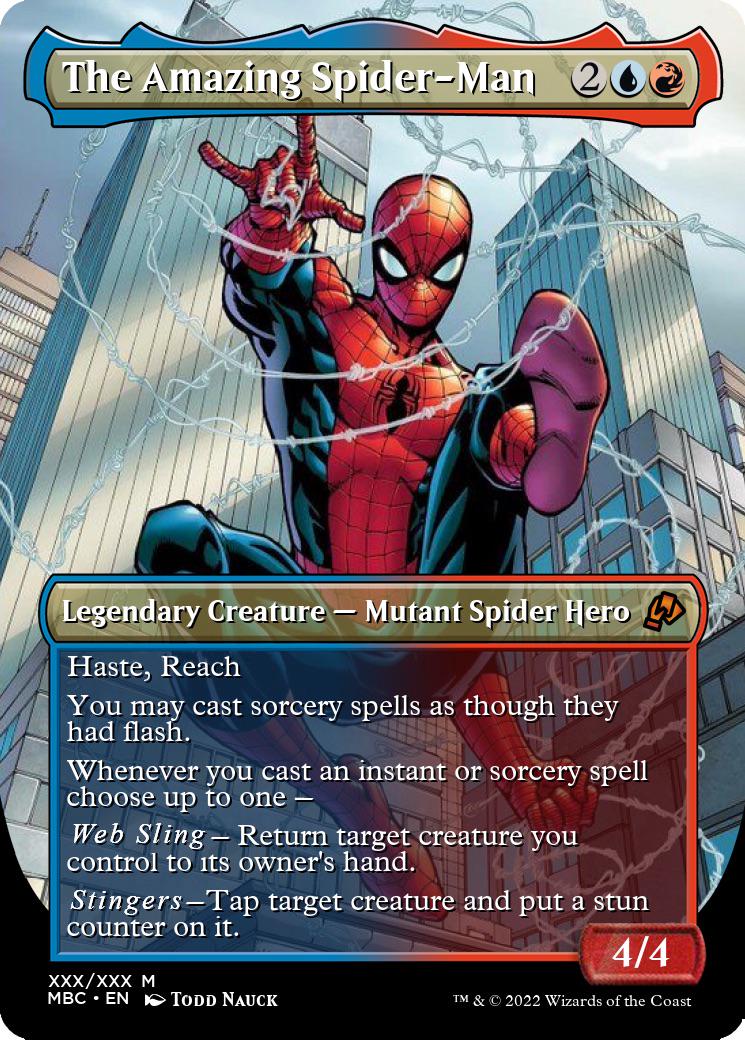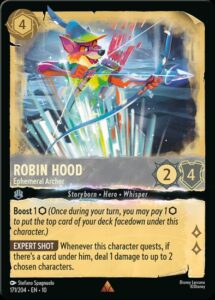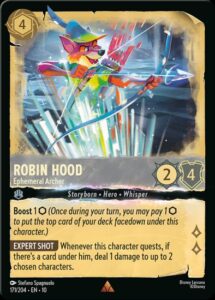In the whimsical world where web-slinging heroes and card-casting wizards intertwine, a new crossover between Spider-Man and Magic: The Gathering (MTG) has generated a web of excitement. This artistic fusion has gifted us Spider-Punk, a character-turned-MTG card that’s got both fans and critics examining its strategic ramifications within the Commander format. Amid the initial disappointment of no preconstructed Commander decks accompanying this Marvel-themed set, Spider-Punk swings into the scene with a compelling promise of change.
The magic of Spider-Punk begins with an enticing entry cost of just two mana. For fans of the Commander format, known for its colorful chaos and elaborate gameplay, this is a tantalizing prospect. Despite the accessibility implied by such a low cost, Spider-Punk packs a punch. Its Riot ability—bestowing either haste or a +1/+1 counter—may seem straightforward, but it’s not what is causing a stir. The true fireworks come from Spider-Punk’s innate power to dictate new ground rules: once on the battlefield, it single-handedly negates spell counters and prevention of damage. Those defensive maneuvers like Counterspell, Teferi’s Protection, or The One Ring suddenly become as useless as a soggy comic book in a rainstorm. For many players yearning for disruption, particularly fans of red strategies known for their direct and fiery approach, Spider-Punk is a revelation.
The card has triggered a semantic divide among Commander aficionados. On the one hand, Spider-Punk presents a clear path to triumph, allowing players to push their advantage without having to outwit pesky interferences. On the flip side, the lack of safety in Spider-Punk’s own strength leaves the player vulnerable as soon as the turn ends, handing the same chaotic liberation to the opponents. With a swing of freedom comes the harsh reality: an opposing player with an immediate threat could easily tip the scale, exploiting Spider-Punk’s vulnerabilities before you’ve had time to capitalize on them.
Despite the contentious nature of its battlefield equality, the appetite for Spider-Punk seems insatiable. The card is already climbing the ranks of MTG high-demand lists, reportedly preselling for a tidy sum in the low twenties for regular cards. The stakes climb higher with foil cards, aesthetically pleasing and thus even more coveted, pushing towards sixty dollars. As the collectors’ passion escalates, the snazzy borderless versions flag at a respectable range of forty-eight to fifty-five dollars—ensuring Spider-Punk remains not just a strategic curiosity but a financial enticement too.
Yet, the set’s intrigue doesn’t stop at Spider-Punk alone—like any good series, it’s teeming with supporting characters vying for attention. One of the starring artifacts is the Soul Stone, an indestructible mana rock that doubles as a reanimation engine. Its balance of buffing resources and bringing back the fallen makes it a top chase card, revered for its versatility. Meanwhile, Doctor Octopus beckons with the promise of transforming the villainous into victorious—a card that offers potential for an engaging Villain tribal commander thanks to its attached card drawing capability. Another entry, Green Goblin, brings the exhilarating chaos of Mayhem—a discard-focused ability injecting excitement into otherwise retired cards by turning them into playable threats.
Altogether, this set signifies much more than a playful crossover; it’s a tantalizing shake-up of the norm, an innovation that carves out fresh battlegrounds in MTG Commander. Both its champions and critics contribute to an overarching narrative that keeps this format thrilling and ever-evolving. Duelists long for dynamic card impacts, and Spider-Punk, with its opportune rebellion against counter strategies, heralds a moment that may very well be memorialized as pivotal.
For a game deeply rooted in strategies as multifaceted as the permutations of card arrangements themselves, upheavals like Spider-Punk bring fresh air into the community’s stalwart mindset. Regardless of one’s stance on this open-for-all power, its undeniable that Spider-Punk has left an indelible mark on Magic: The Gathering, threading together tales from distinct fandoms into an epic new chapter of card play.





